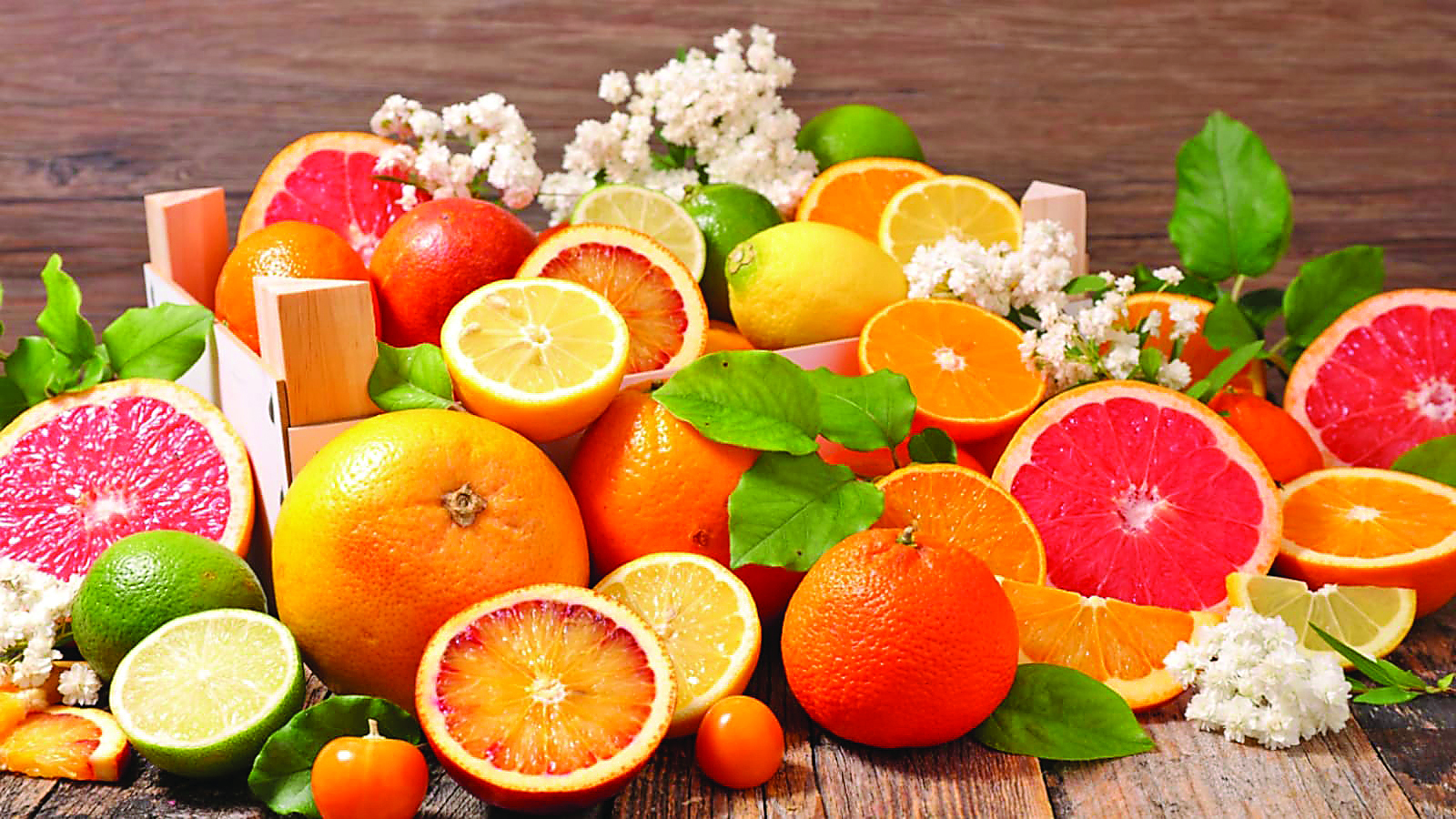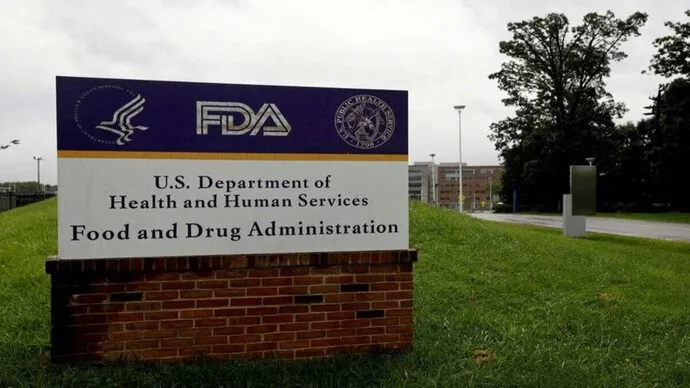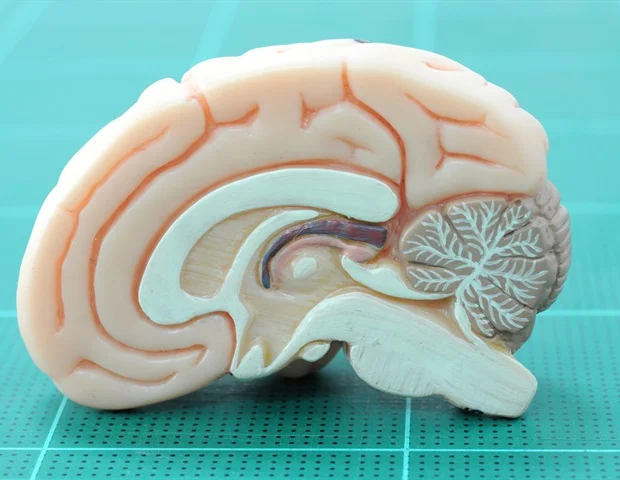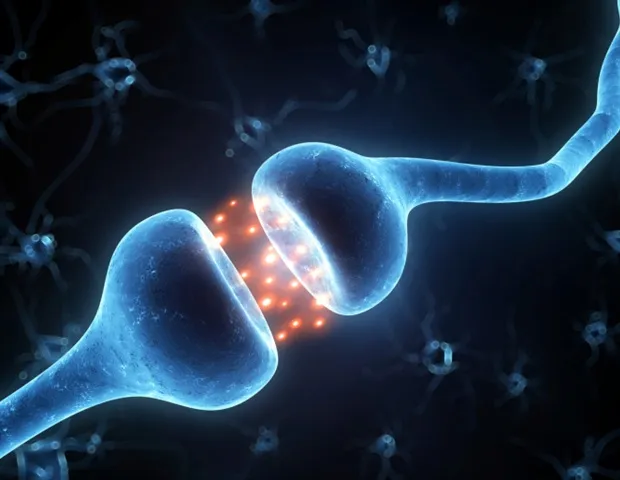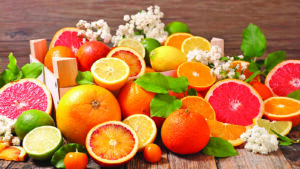Kidney stones, the formation of stones in the kidneys, are one of the oldest known and most widespread diseases in the urinary tract system, with a relapse rate of 50% in 5–10 years. It is the third most common disorder among urinary diseases. It can be a painful condition. While dietary changes alone may not eliminate kidney stones, certain foods and lifestyle adjustments can help prevent their formation or recurrence. It’s crucial to consult with a healthcare professional for personalized advice, as individual needs vary.
Hydration: Adequate water intake is essential for preventing kidney stones. Drinking plenty of water helps dilute substances in the urine that lead to stone formation. Aim for at least 8-10 glasses (64-80 ounces) of water per day.
Green Tea has long been used as an herbal remedy with several polyphenols, making them potent antioxidants. It has anti-lithogenic, anti-atherosclerotic, and antioxidant effects. The protective effect of green tea is most likely due to the presence of polyphenols and other phytochemicals.
Fruits with a high citrate content: Citrus fruits, such as grapefruits, oranges, and lemons, naturally prevent the formation of stones. Eating citrus fruits or incorporating their juice into water can raise urine citrate levels, which may lower the incidence of kidney stones.
Magnesium-rich foods, such as nuts, seeds, and whole grains, can inhibit the formation of specific kidney stones. Adequate magnesium intake contributes to kidney health by preventing the crystallization of certain substances. Incorporating these foods into your diet may help reduce the risk of kidney stone formation.
Limiting sodium is crucial to prevent calcium-based kidney stones. Excessive salt intake contributes to stone formation. Choose a low-sodium diet by choosing fresh, whole foods over processed and packaged options, as they often contain elevated sodium levels.
Quercetin, a natural antioxidant found in foods like apples, onions, and citrus fruits, has been studied for its potential in preventing kidney stones. It may help inhibit crystal formation and possess anti-inflammatory properties.
Reduce Sugar and Fructose: Sugar and fructose-rich diets can contribute to the development of kidney stones. Kidney stones have been linked to high-fructose corn syrup, which is frequently present in sweetened drinks. Moderate use of natural sweeteners and a reduction in sugar-filled beverages are recommended. Remember, individual responses to dietary changes vary, and it’s crucial to consult with a healthcare professional for personalized advice, especially if you have a history of kidney stones or other medical conditions.

